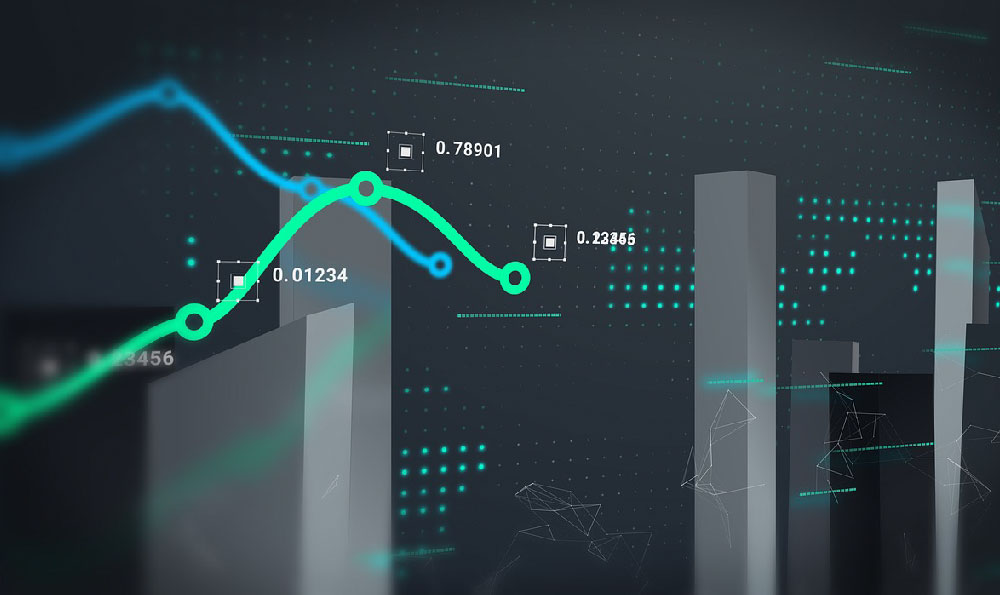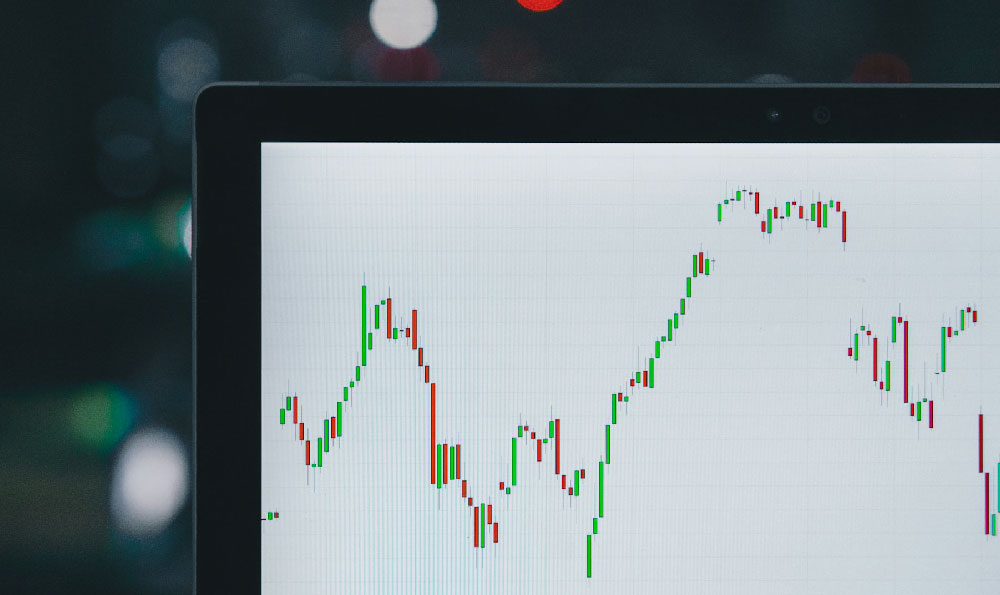Here's an article draft based on your request:
Israel's Economic Engine: Innovation, Resilience, and Global Integration
Israel, a nation geographically small and historically challenged, has defied expectations to become a significant economic force. Its success is rooted in a unique blend of factors: a thriving technology sector, a resilient entrepreneurial spirit, strategic global partnerships, and a proactive government approach to economic development. Understanding the multifaceted drivers behind Israel's financial success requires a deep dive into these key areas.

The Silicon Wadi: A Hotbed of Innovation
Often dubbed the "Silicon Wadi," a play on Silicon Valley, Israel boasts one of the most dynamic and innovative technology ecosystems globally. This isn't simply about replicating successful models; it's about fostering original ideas and disruptive technologies. Several elements contribute to this fertile ground for innovation.
First, mandatory military service cultivates a culture of problem-solving, teamwork, and technological proficiency. The Israel Defense Forces (IDF), particularly its technological units, serve as an incubator for future entrepreneurs and engineers. These individuals, upon completing their service, possess valuable skills and experience, often directly applicable to the civilian tech sector.
Second, a strong emphasis on education, particularly in STEM (Science, Technology, Engineering, and Mathematics) fields, fuels the talent pipeline. Israeli universities are renowned for their research and development capabilities, often collaborating closely with the private sector. The Weizmann Institute of Science, Technion – Israel Institute of Technology, and Hebrew University are just a few examples of institutions producing world-class researchers and innovators.
Third, government support plays a vital role. Initiatives like the Israel Innovation Authority provide funding, grants, and mentorship programs to startups and established companies alike. This proactive approach helps mitigate risk, attract investment, and accelerate the development of new technologies. This authority is designed to support the early stages of high-tech startups.
Entrepreneurial Spirit and Risk-Taking Culture
Beyond the technological prowess, Israel's economic success is intertwined with a strong entrepreneurial culture. Israelis are known for their willingness to take risks, challenge conventional wisdom, and pursue innovative ideas. This entrepreneurial spirit is evident in the high number of startups per capita, making Israel a global leader in startup density.
This spirit is nurtured by a relatively flat organizational structure in many Israeli companies, fostering open communication and collaboration. Failure is not necessarily viewed as a deterrent but as a learning opportunity, encouraging entrepreneurs to persevere and adapt. The willingness to pivot and iterate quickly is crucial in the fast-paced world of technology.
Moreover, the "chutzpah" factor, often cited as a characteristic of Israeli culture, encourages individuals to challenge authority and push boundaries. While this can sometimes be perceived negatively, it also fuels creativity and innovation, driving individuals to question assumptions and find new solutions.
Global Integration and Strategic Partnerships
Israel's economy is highly integrated into the global marketplace, with strong trade relationships with key partners like the United States, Europe, and Asia. These partnerships provide access to larger markets, investment capital, and technological expertise.
Free trade agreements with numerous countries facilitate the flow of goods, services, and investment. These agreements reduce tariffs and other barriers to trade, creating a more favorable environment for Israeli businesses to compete internationally.
Furthermore, Israel has actively fostered strategic partnerships in sectors such as cybersecurity, water technology, and agriculture. These collaborations allow Israel to leverage its expertise and contribute to global solutions while simultaneously benefiting its own economy. The country's advancements in water desalination, for example, have positioned it as a leader in addressing global water scarcity challenges.
Government Policies and Economic Stability
While innovation and entrepreneurship are crucial, a stable and supportive government environment is equally essential. Over the years, Israeli governments have implemented policies aimed at promoting economic growth, attracting foreign investment, and fostering a competitive business climate.
Fiscal responsibility and sound monetary policy have contributed to macroeconomic stability, creating a more predictable and attractive environment for investors. Efforts to reduce bureaucracy and streamline regulations have also made it easier for businesses to operate and grow.
Investing in infrastructure, including transportation, energy, and communication networks, is another key priority. A well-developed infrastructure is essential for supporting economic activity and attracting investment.
Challenges and Future Prospects
Despite its remarkable economic success, Israel faces several challenges. These include income inequality, geopolitical instability, and the need to diversify its economy beyond the technology sector. Addressing these challenges will be crucial for sustaining long-term economic growth.
However, Israel's proven resilience, its innovative spirit, and its strong global partnerships position it well for future success. By continuing to invest in education, promote entrepreneurship, and foster a stable and supportive business environment, Israel can continue to thrive economically and contribute to the global economy. The focus on developing solutions to global challenges, like climate change and food security, will also create new opportunities for economic growth and innovation. The future of Israel's economy looks promising, built on a foundation of ingenuity and determination.












